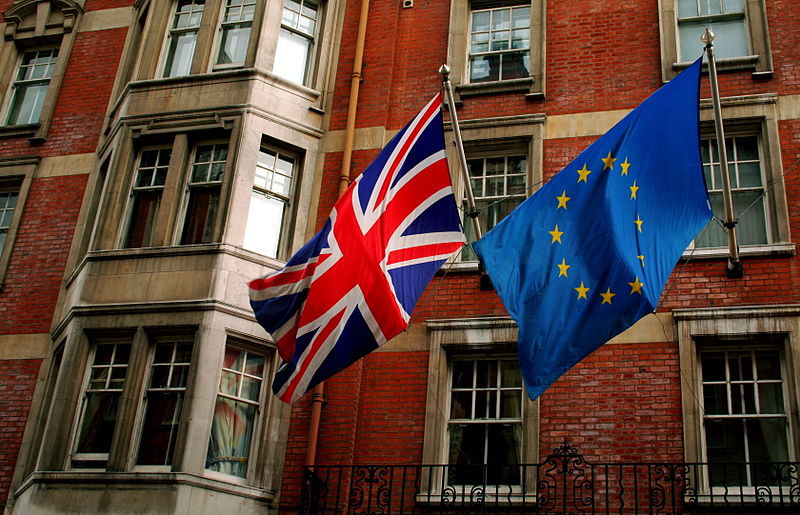In a judgement released today (24/01/17), the Supreme Court has ruled that Parliament must vote on whether the government can initiate the Brexit process.
Following the judgement in 2016, this decision means that the Prime Minister Theresa May is unable to begin discussions regarding the EU departure until she receives support of MPs and peers.
However, this backing is not expected to occur prior to the current governmental deadline of 31 March, when the negotiations were expected to begin.
It was argued by campaigners that denying a Parliamentary vote would be undemocratic.
The government argued against this, stating that it had the necessary powers to begin the EU negotiations, in absence of MP and peer support.
By a majority of eight to three, the judges rejected the case.
In his summary of the decision, president of the Supreme Court, Lord Neuberger, stated that the government cannot trigger article 50 without an authorising act of parliament.
He went on to state that although a general prerogative power is possessed by the government to change treaties, it cannot do so if people’s rights will be affected.
In the summary of their judgement, the judges stated: “The change in the law required to implement the referendum’s outcome must be made in the only way permitted by the UK constitution, namely by legislation.”
They went on to say: “The supreme court holds that an act of parliament is required to authorise ministers to give notice of the decision of the UK to withdraw from the European Union.”



















